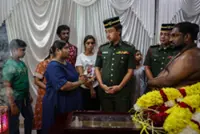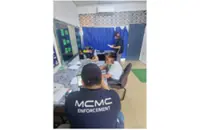This March and April, a special event in Georgetown, Penang will honour a forgotten yet remarkable sisterhood, the majie.
These women were more than just domestic workers during the colonial era; they were a unique fraternity of independent women from China who devoted their lives to serving families in Malaysia and Singapore, particularly raising their children, in the 19th and early 20th century.





